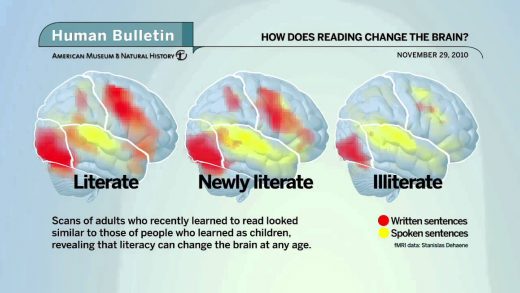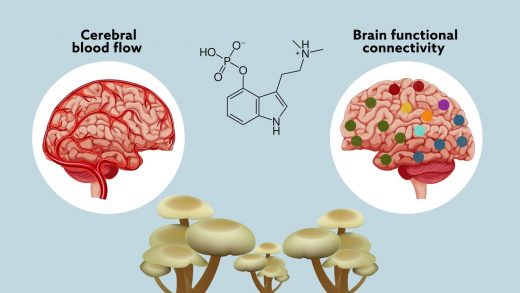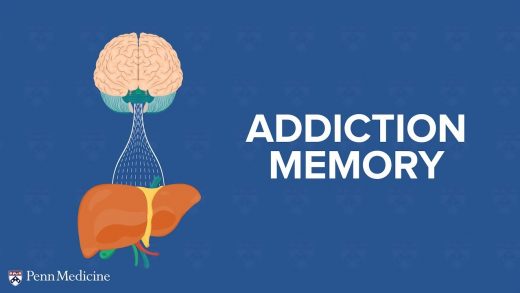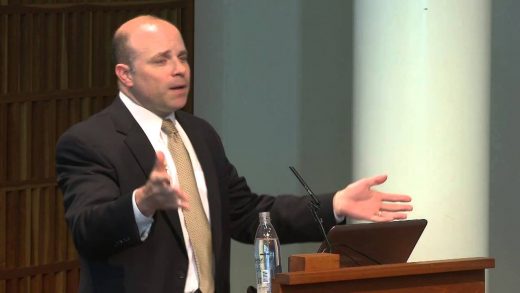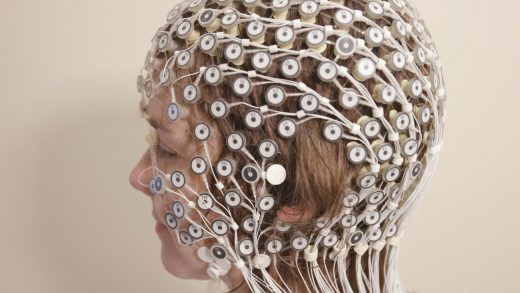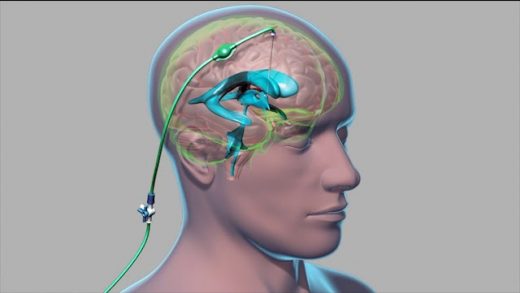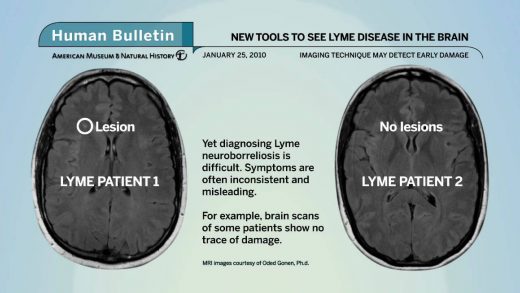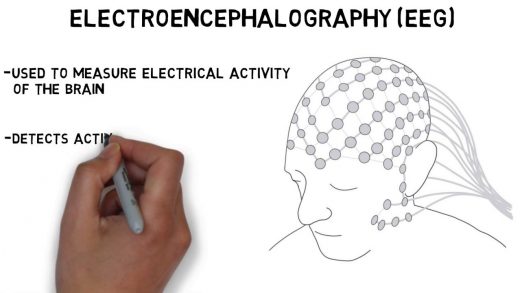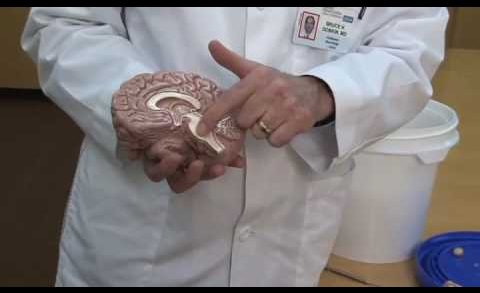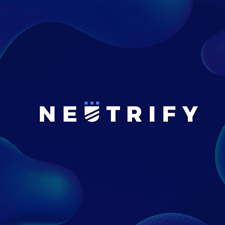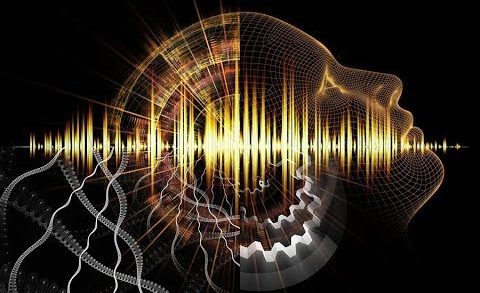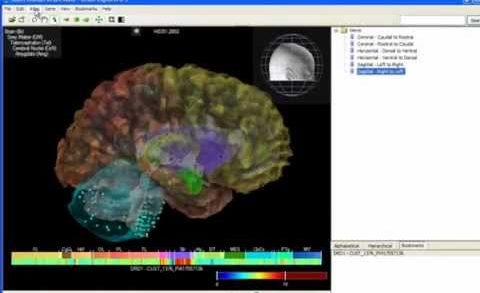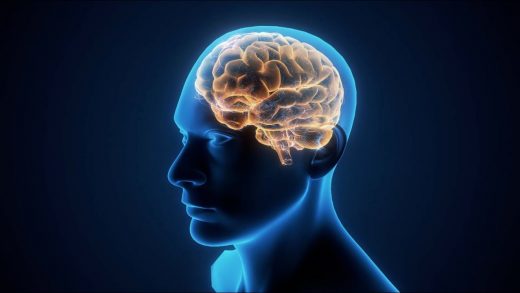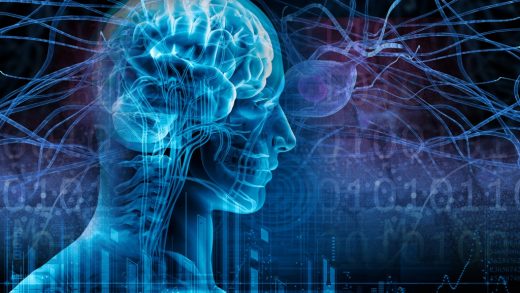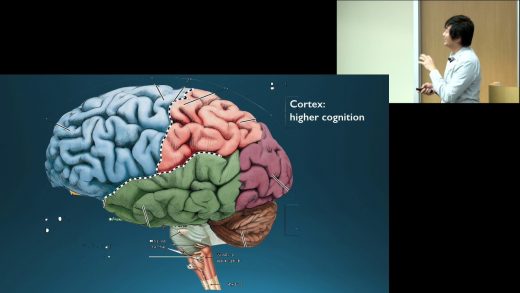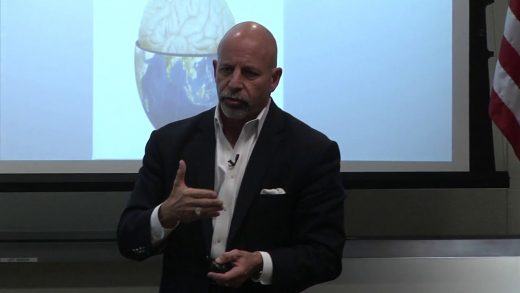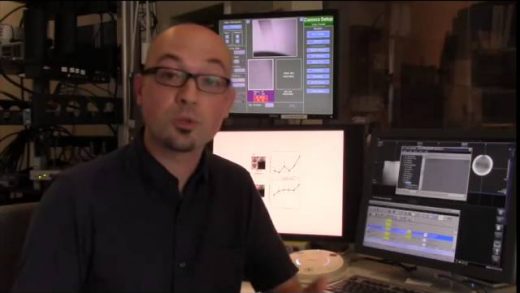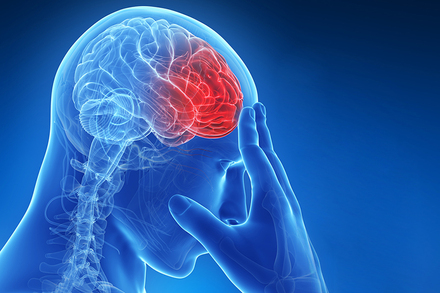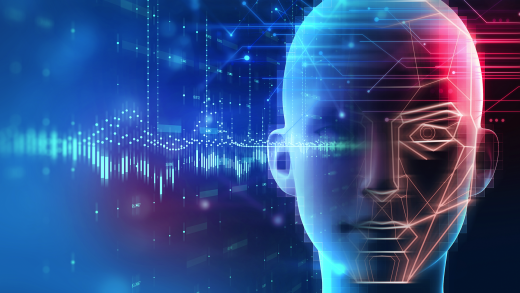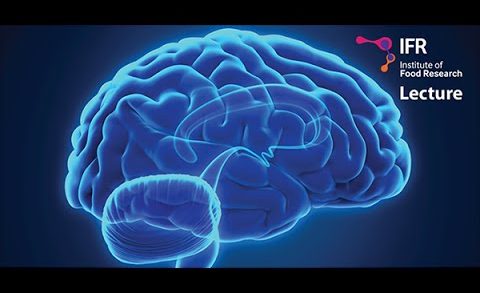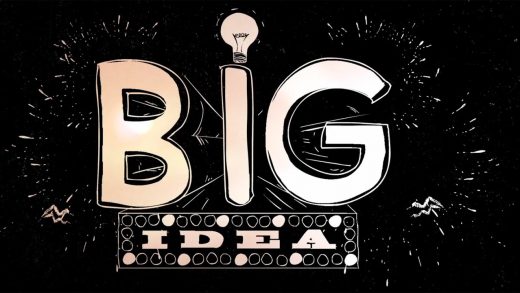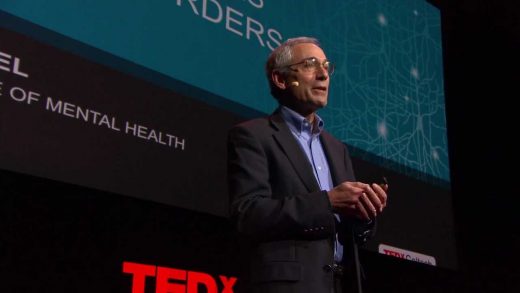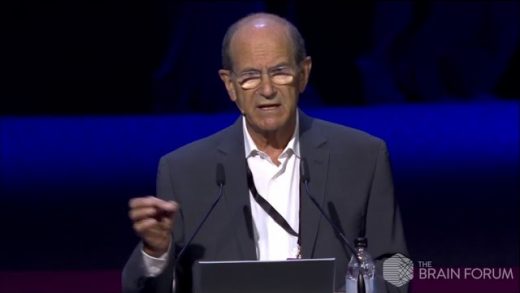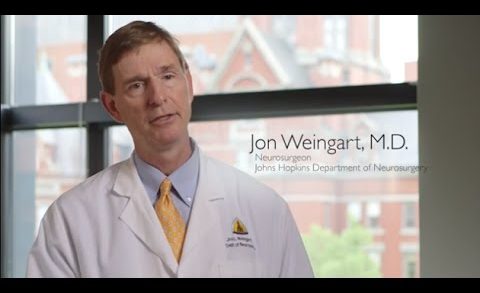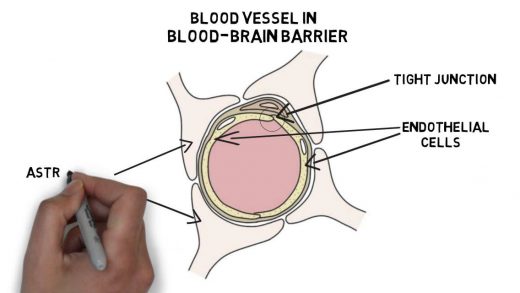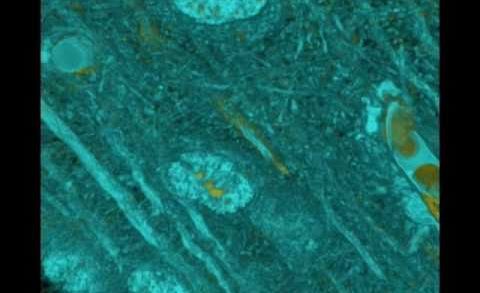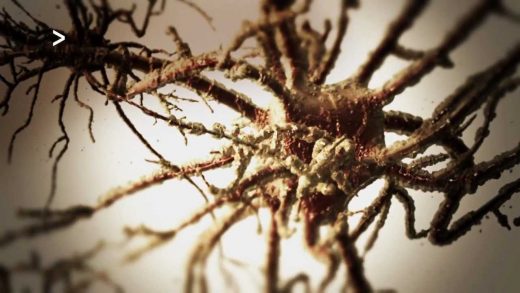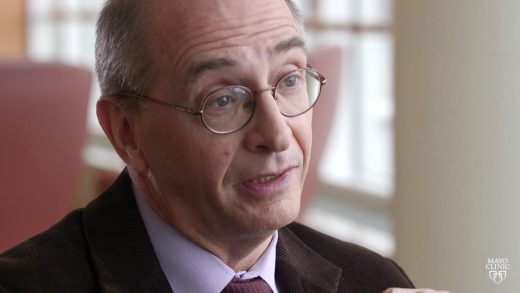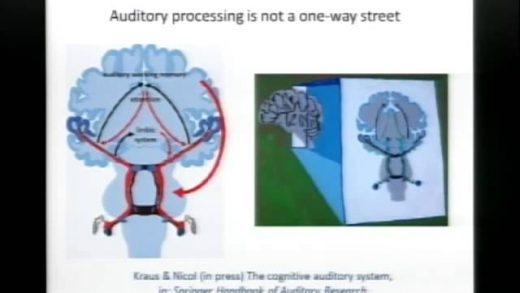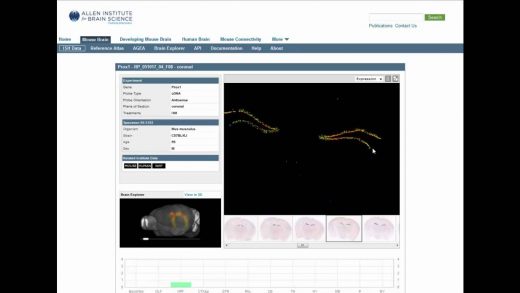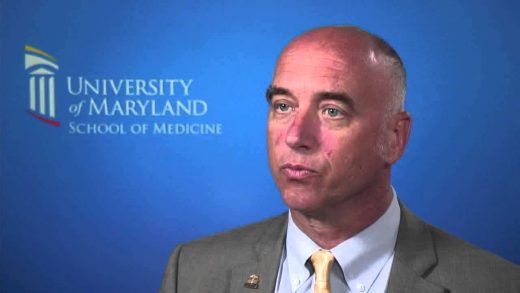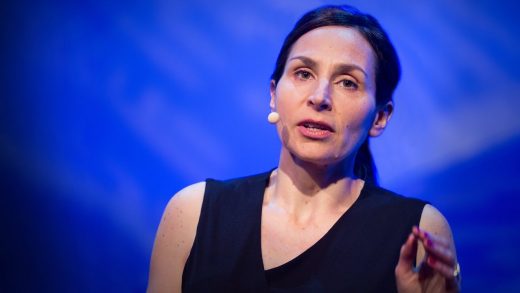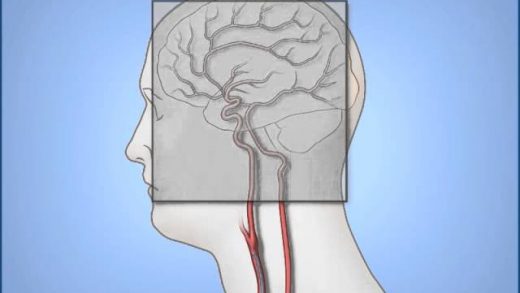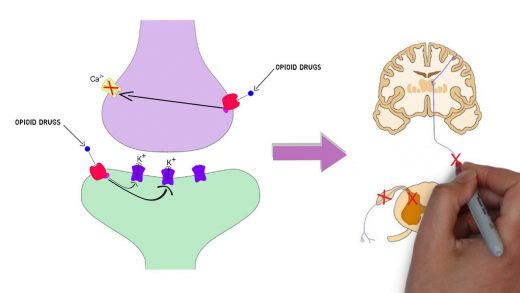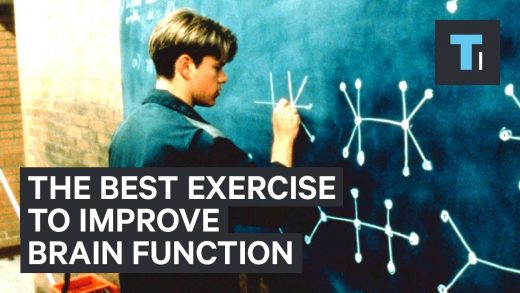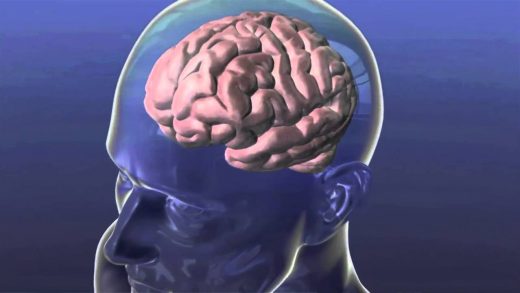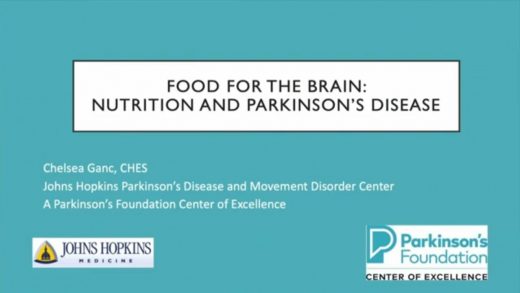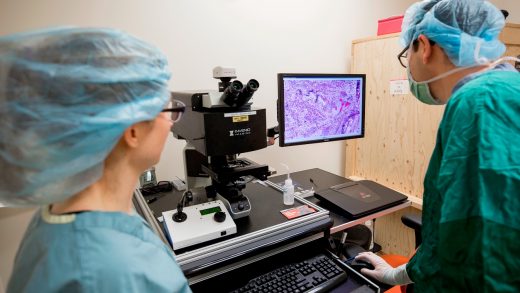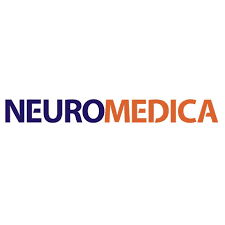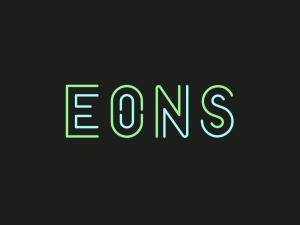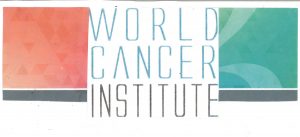A recent study led by neuroscientists at France’s National Institute of Health and Medical Research has found that learning to read—no matter at what age—reorganizes the brain’s neural networks. What’s more, their findings suggest that literacy may improve the ability to understand spoken language.
Freely access the full article here: https://go.nature.com/Psilocybin Robin L Carhart-Harris, Leor Roseman, Mark Bolstridge, Lysia Demetriou, J Nienke Pannekoek, Matthew B Wall, Mark Tanner, Mendel Kaelen, John McGonigle, Kevin Murphy, Robert Leech, H Valerie Curran & David J Nutt “Psilocybin for treatment-resistant depression: fMRI-measured brain mechanisms.” Scientific Reports 2017. https://go.nature.com/Psilocybin Scientific Reports is the open […]
Penn Medicine’s study of mouse models shows clear implications for new targets to treat alcohol abuse syndrome and fetal alcohol syndrome. Learn more about Penn’s research on addiction memory: https://www.pennmedicine.org/news/news-releases/2019/october/drinking-to-remember-consuming-alcohol-leads-to-epigenetic-changes-in-brain-memory-centers #PennMedicine #alcohol #Alcoholism
A Stockholm Psychiatry Lecture given at Nobel Forum, Karolinska Institutet May 28 2013 by Dr David Tolin, Director, The Institute of Living and Adjunct Associate Professor at Yale University. Dr Tolin is well known for his research on OCD and Hoarding and has was the host of the TV series “The OCD project”. Dr. Tolin […]
Results are coming in after the world’s largest depression study, and they could change the field of medicine. Up to two-thirds of depression patients do not respond to their first treatment. UT Southwestern researchers are working to eliminate antidepressant trial and error.
Mark Bain, MD, describes how an external ventricular drain (EVD) is placed, purpose of the drainage, and when 20% of patients would require a ventriculoperitoneal (VP) shunt. For more information on an external ventricular drain (EVD), please visit https://cle.clinic/2QCepV1
Lyme disease is caused by a bite of a tick infected with the bacteria Borrelia bergdorferi. Although it is common in some parts of the United States, it can be difficult to diagnose, and it can affect the brain and nervous system if left untreated. Different patients experience the disease in different ways, and they […]
Electroencephalography, or EEG, is a technique used to measure the electrical activity of the brain. In this video, I discuss the basics of EEG like what it measures, how it’s used, and some strengths and limitations. TRANSCRIPT: Electroencephalography, or EEG, is a technique used to measure the electrical activity of the brain. In EEG, electrodes […]
These brief videos provide an introductory appreciation of how we learn skills and information, move, think, feel, speak and remember. They are brought to you by the UCLA Brain Research Institute and by Bruce H. Dobkin, MD, who directs the neurorehabilitation program in the Department of Neurology at UCLA. The videos especially aim to reach […]
In this presentation from the UCLA Department of Neurology & the UCLA Broad Stem Cell Center, Drs. Bill Lowry, S. Thomas Carmichael, and Ranmal Samarasinghe discuss topics including what regenerative medicine means for the brain, stem cell therapies for brain diseases such as stroke and dementia, and new studies that use stem cell technology as […]
The Brain Explorer 3-D viewer is a dynamic tool associated with the Allen Human Brain Atlas that allows you to visualize human brain anatomy and gene expression information from the Atlas database. This tutorial provides a brief walkthrough of the interactive 3-D viewer, demonstrating its basic features for exploring human brain anatomy and gene expression.
Read more: http://www.ucsf.edu/news/2014/05/114631/untangling-brain-circuits-mental-illness Funded through President Obama’s Brain Initiative, a team of scientists and physicians is embarking on a $26 million project to develop a revolutionary and long-lasting treatment for depression, anxiety disorders, addiction and other neuropsychiatric disorders. The ambitious program led by UCSF also involves UC Berkeley, Lawrence Livermore National Laboratory, Cornell University and […]
Episode 3: Advanced Cardiology by Sandra Meyer and Episode 4: Brain & Neuro Imaging by Philippe Trochet from FUJIFILM VisualSonics ——— For more information on our products, please visit https://www.visualsonics.com/resources/on-demand-videos.
The Neuroscience of Decision-Making and Addiction Brain Basics: An Introduction to Cognitive Neuroscience Presenter: Dr. Octavio Choi, Chief Academic Psychiatrist, Oregon State Hospital Director, Forensic Evaluation Services Description and Learning Objectives: Neuroscientific evidence is increasingly being encountered in the United States criminal justice system. This session will provide a concise and readily accessible introduction to […]
Lawrence Livermore National Laboratory’s Center for Global Security Research (CGSR) sponsored this talk entitled “Brain Science from Bench to Battlefield: The Realities – and Risks – of Neuroweapons” by Dr. James Giordano on June 12, 2017. Abstract: The use of sarin gas in Syria and the nerve agent VX to assassinate Kim Jong-nam, and ongoing […]
Charan Ranganath and Matthias Gruber summarize their findings that demonstrate that curiosity changes brain activity within the dopaminergic circuit. Furthermore, they found that being in a high-curiosity state enhances learning not only of interesting but also of completely incidental information via interactions of the dopaminergic circuit and the hippocampus. For more, see the article published […]
The respiratory illness COVID-19 causes neurological symptoms in more than one-third of patients, ranging from loss of taste and smell to disorientation and movement disorders. The coronavirus may enter the brain through the olfactory nerve in the nose or by crossing the protective blood-brain barrier. This video is from the 2020 Brain Awareness Video Contest. […]
Brain Development: Discovery and Characterization of Outer Subventricular Zone Radial Glia Cells Dr. Arnold Kriegstein characterizes the development of neurons from radial glial cells and provides an overview of the use of cerebral organoids to study brain development and disease. How do neurons develop to confer humans their unique brain functions? Dr. Arnold Kriegstein compares […]
Prof. Simon Carding from the Quadram Institute (previously known as the Institute of Food Research) and Norwich Medical School at the University of East Anglia, describes our current understanding of the human gut and its relationship with its human host and introduce the provocative proposal that gut microbes influence when, what and how often we […]
Ryan Watts and Mark Dennis explain how they found a new way to get medicines through the blood-brain barrier, and how Genentech supports groundbreaking science.
Thomas R. lnsel, M.D. is director of the National Institute of Mental Health (NIMH), the component of the National Institutes of Health (NIH) charged with generating knowledge needed to understand, treat, and prevent mental disorders. Prior to his appointment as NIMH Director in 2002, Tom was professor of psychiatry at Emory University where he was […]
31 March 2015, SwissTech Convention Center, Lausanne, Switzerland Website: thebrainforum.org The effect of high frequency deep brain stimulation on Parkinson’s symptoms is one of the major breakthroughs of functional neurosurgery. In 1987, Alim-Louis Benabid (Professor, Joseph Fourier University, France and Chairman, Clinatec, France) discovered that acute electrical stimulation used during surgery to supress tremor could […]
Johns Hopkins neurosurgeon Jon Weingart answers frequently asked questions about a brain tumor diagnosis, including first steps, brain tumor types, treatment options and what you can expect after treatment. Learn more: http://www.hopkinsmedicine.org/neurology_neurosurgery/centers_clinics/brain_tumor/ Questions Answered: 1. What are the first steps for someone who has been diagnosed with a brain tumor? 0:04 2. What do you […]
In this video, I discuss the blood-brain barrier, a complex that surrounds most of the blood vessels in the brain and protects the brain from potentially dangerous substances that might be circulating in the blood stream. I discuss the tight junctions of endothelial cells as one of the main structural components of the blood-brain barrier, […]
Scientists can finally look at circuits in the brain in all of their complexity. How the mind works is one of the greatest mysteries in nature, and this research presents a new and powerful way for us to explore that mystery. Like Harvard Medical School on Facebook: https://goo.gl/4dwXyZ Follow on Twitter: https://goo.gl/GbrmQM Follow on Instagram: […]
The Allen Institute for Brain Science is an independent 512(c)(3) nonprofit medical research organization dedicated to accelerating the understanding of how the human brain works. Launched in 2003 with a generous seed contribution from philanthropist Paul G. Allen, the Institute tackles projects at the leading edge of science – far-reaching projects at the intersection of […]
Mayo Clinic uses DNA to personalize the treatment of brain tumors for each patient. Visit http://mayocl.in/2mJ0ONQ for more information on care at Mayo Clinic or to request an appointment. By unlocking the power of genetic testing, Mayo Clinic researchers can accurately identify the sub-type of glioma a patient has, allowing physicians to personalize each treatment […]
NCCAM Integrative Medicine Research Lecture Aniruddh (Ani) Patel, Ph.D., is an Associate Professor in the Department of Psychology at Tufts University. Dr. Patel’s research focuses on how the brain processes music and language, focusing on what the similarities and differences between the two reveal about each other and about the brain itself. He has pursued […]
This tutorial provides a brief walkthrough of the updated Allen Mouse Brain Atlas, demonstrating its enhanced interactive features for exploring neuroanatomy and gene expression in the adult mouse brain.
A groundbreaking study by Scott Thompson, PhD, is but one example of the cutting edge research being conducted by University of Maryland School of Medicine faculty in the Brain Science Research Consortium Unit. In this video, Dr. Thompson explains how his research could lead to innovative new treatments for depression. The University of Maryland School […]
Can we, as adults, grow new neurons? Neuroscientist Sandrine Thuret says that we can, and she offers research and practical advice on how we can help our brains better perform neurogenesis—improving mood, increasing memory formation and preventing the decline associated with aging along the way. TEDTalks is a daily video podcast of the best talks […]
A video developed by the Johns Hopkins Division of Interventional Neuroradiology to describe diagnostic cerebral angiography for patients. Learn more https://www.hopkinsmedicine.org/health/treatment-tests-and-therapies/cerebral-arteriogram
In this video, I discuss a few of the ways opioid drugs affect the brain, as well as the basis for opioid tolerance and withdrawal. TRANSCRIPT: Welcome to 2 minute neuroscience, where I explain neuroscience topics in 2 minutes or less. In this installment I will discuss opioids. The term “opioid” refers to substances that […]
The author of “Healthy brain, Happy Life” and professor at the Center for Neural Science at New York University, Dr. Wendy Suzuki, explains the best way to exercise in order to improve brain function. Special thanks to Michael Bultman and CrossFit NYC. Read more: http://www.techinsider.io/ FACEBOOK: https://www.facebook.com/techinsider TWITTER: https://twitter.com/businessinsider INSTAGRAM: https://www.instagram.com/businessinsider/ TUMBLR: http://businessinsider.tumblr.com/
http://www.labtv.com/Home/Profile?researcherId=2328 Meet Patrick Beukema, a graduate student in the The Cognitive Axon Lab at Carnegie Mellon. Patrick’s research involves learning how the brain changes to execute advanced motor skills with the goal of aiding diseases by understand the cognitive basis of motor skills. To learn more about Patrick, visit http://www.labtv.com/Home/Profile?researcherId=2328.
It’s no secret that what we eat has an enormous impact on our health, and patients with Parkinson’s disease are no exception. Johns Hopkins health educator Chelsea Ganc explains the role of nutrition in Parkinson’s symptom management and the best way to identify a diet that works for your unique needs. #ParkinsonsDisease #JohnsHopkins Learn more […]
Read more at http://labblog.uofmhealth.org/health-tech/new-technique-slashes-diagnosis-time-during-brain-surgery
